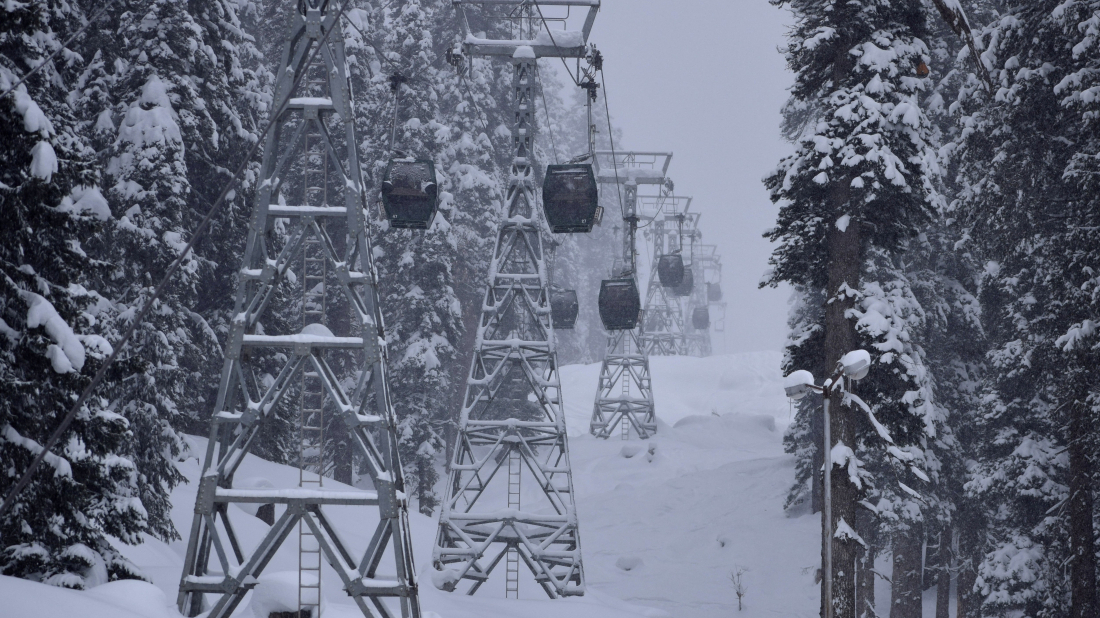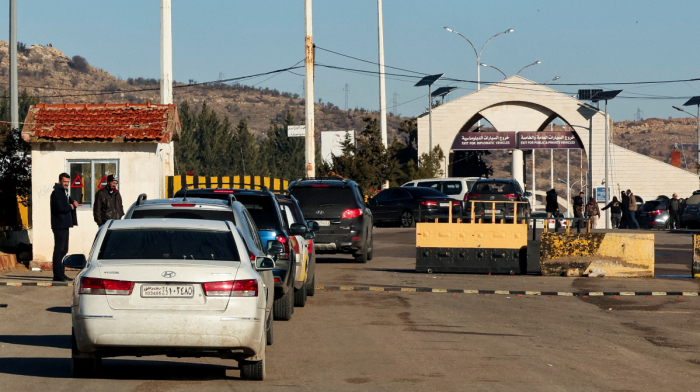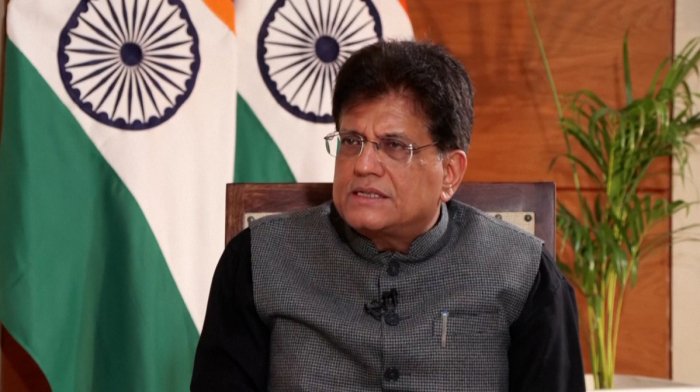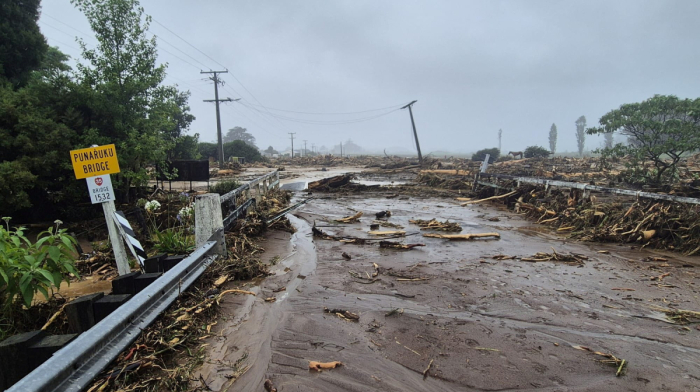India has postponed its national winter games due to an unprecedented lack of snow in Gulmarg, the ski resort town in Jammu and Kashmir where the event was scheduled to take place later this month.
The games, which were originally set to be held from February 22 to 25, were expected to feature around 300 athletes competing in four snow sports: ski mountaineering, alpine skiing, snowboarding, and Nordic skiing. However, officials have decided to delay the event due to insufficient snowfall on key ski slopes.
“We have decided to postpone the event as key ski slopes lack sufficient snow,” said Rauf Tramboo, president of the Winter Games Association of Jammu and Kashmir, in a statement to Reuters.
Gulmarg’s slopes typically receive between seven to eight feet (about two meters) of snowfall, but this year’s dry spell has left them unsuitable for winter sports. The Kashmir Sports Council announced that a new assessment will be conducted once snow conditions improve, after which an updated schedule will be issued.
Climate concerns loom over Kashmir
The postponement comes amid a broader climatic shift in the region, with Kashmir experiencing a significant rainfall deficit of 79% so far this year. The unseasonably warm and dry weather is raising concerns not only for winter sports but also for the region’s economy, which heavily depends on tourism and horticulture.
A similar lack of snowfall in January 2023 had already led to a decline in visitors to ski resorts and hotels in Kashmir, a picturesque Himalayan region claimed in full by both India and Pakistan but administered in parts by each.
Experts fear that if current weather trends persist, Kashmir’s horticulture sector—its primary economic driver—could suffer significant setbacks. The region produces approximately 2.5 million metric tons of fruit annually, with apples being the dominant crop. The premature warming of the climate is disrupting natural agricultural cycles, posing risks to farmers.
“In February, we recorded temperatures 12 degrees Celsius (53.6°F) above normal. This has caused crops that should remain dormant until late February to become active in winter only,” said agrometeorologist Sameera Qayoom, calling the pattern “worrying.”
Environmental impact: drying springs and forest fire risks
Adding to ecological concerns, several water sources across Kashmir have already dried up due to the persistent dry weather. One such affected site is the historic Mughal Garden in Achabal town, located about 70 kilometers (40 miles) south of Srinagar, where a once-flowing spring has now vanished.
Experts also warn that the prolonged dry spell increases the risk of forest fires and could lead to a water crisis in the coming months if conditions do not improve. The government and local authorities are closely monitoring the situation, with potential relief measures being considered.
For now, the fate of India’s winter games remains uncertain, as officials await nature’s cooperation to resume winter sports in the region. A revised schedule will be announced once conditions improve.






















What is your opinion on this topic?
Leave the first comment